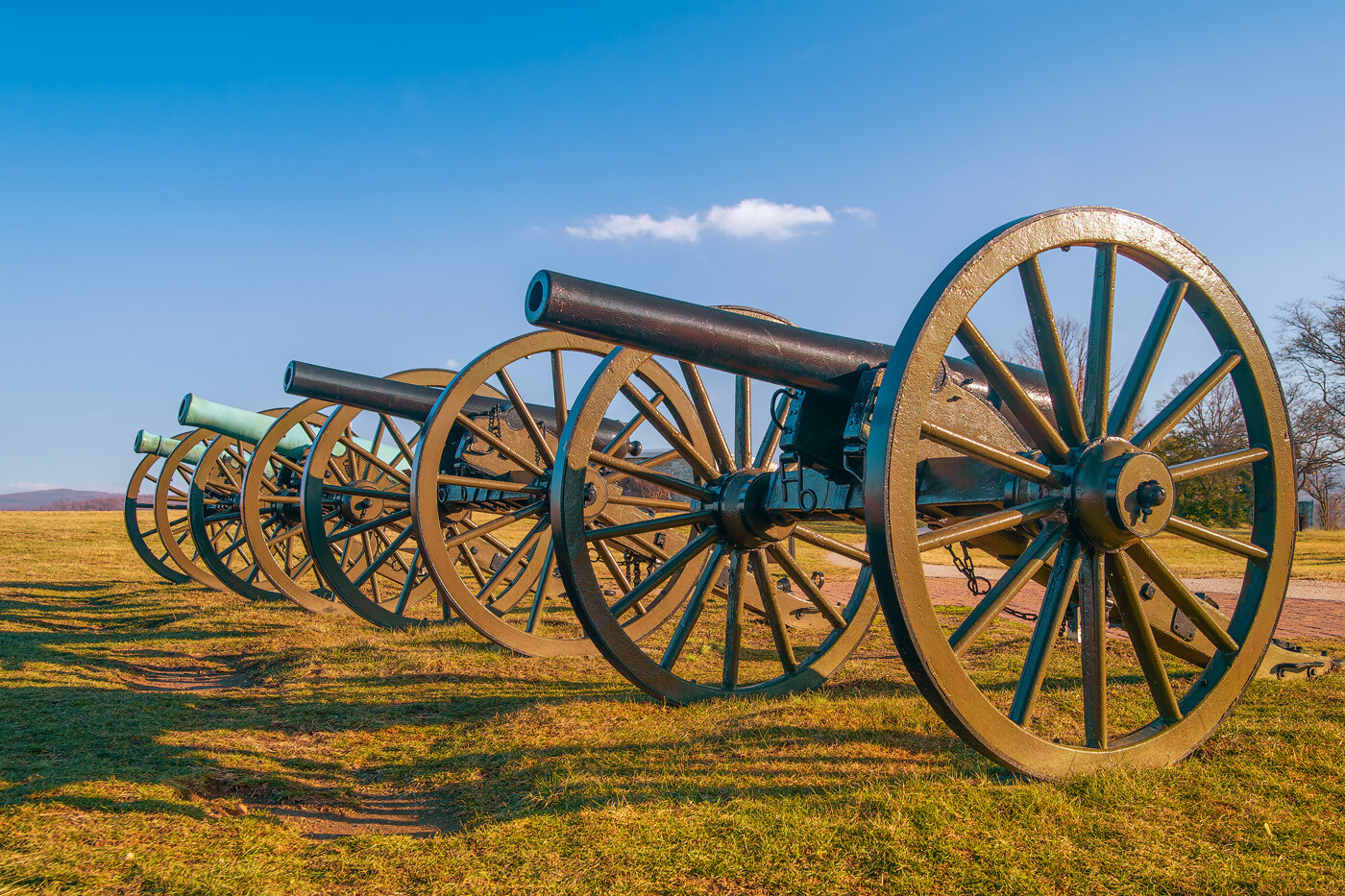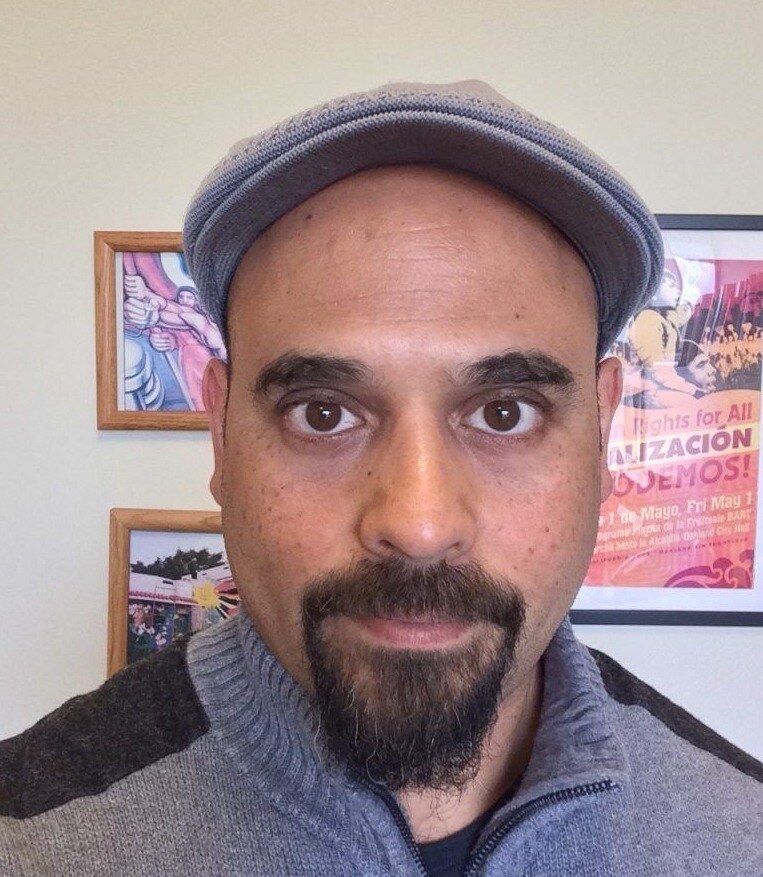
Studying history is more than just studying the past and memorizing names, dates, and events. Studying history is learning more about the world around us and, through that learning, understanding how and why history shapes our lives.
Department Overview
At Laney College, our History Department offers more than just a study of the past—we provide students with creative and intellectual challenges that inspire both personal growth and social awareness. Through engaging coursework, collaborative discussions, and support from dedicated faculty, students are encouraged to think critically, communicate effectively, and explore diverse perspectives.
Our history classes emphasize research, writing, and analysis, helping students strengthen their academic skills while connecting their own experiences to the broader human story. By interpreting historical events and understanding their impacts, students learn how the past continues to shape our present—and how they can help shape a better future.
Whether you’re planning to transfer, pursue a degree in the humanities, or simply deepen your understanding of the world, the study of history at Laney will prepare you to ask thoughtful questions, challenge assumptions, and become an informed, engaged global citizen.
 Career Opportunities
Career Opportunities
A degree in history prepares students for a broad range of career paths that value strong critical thinking, research, writing, and analytical skills. History graduates are trained to evaluate evidence, communicate effectively, and understand complex social, cultural, and political systems—skills that are highly applicable across many fields.
Education and Academia
Graduates may pursue careers in teaching at the K–12 or college level, educational administration, curriculum development, or academic research.
Public History and Cultural Institutions
Opportunities exist in museums, historical societies, archives, and national or state parks, where graduates may work in curation, preservation, interpretation, or education.
Law and Government
Many history graduates go on to law school or work in public policy, legislative analysis, civil service, foreign service, and other government positions that require an understanding of historical and legal contexts.
Media, Journalism, and Publishing
History majors are well suited for careers in journalism, editing, publishing, and media research, where strong writing and fact-checking skills are essential.
Business and Nonprofit Sectors
Employers in these sectors value the ability to analyze trends, communicate effectively, and manage complex projects. History graduates may work in roles such as project manager, communications specialist, grant writer, or researcher.
International Work and Advocacy
A background in history provides a foundation for careers in international development, human rights work, cultural exchange, and global nonprofit organizations.
A history degree is not only about understanding the past—it also builds the intellectual and practical tools to engage meaningfully with the present and shape the future.
Contact Us
Department Co-Chairs
Felipe Wilson
felipewilson@peralta.edu
Blake Johnson
bsjohnson@peralta.edu
Dean
Tarek ElJarrari
teljarrari@peralta.edu
Area of Interest
Culture & Society
Division
Mathematics, Sciences & Engineering
Degree

The Associate in Arts Degree in History for Transfer (AA-T HIST) is designed to provide students with an understanding of both a diverse array of societies and how and why the historical process shaped our world. Through the coursework associated with the History AA-T, students will address questions of identity, community, knowledge, consciousness, intelligibility, communication, and meaning as they explore the broad disciplinary terrain of history.
.png?width=500&height=330&name=Laney%20College%20Enrollment%20(3).png)
Unlock Financial Aid for College Expenses
 Transfer To A University
Transfer To A University
Laney College's AA-T and AS-T degrees guarantee junior standing admission to the CSU system, with priority for local CSU campuses in similar programs. Consult a counselor or transfer specialist for details.
.png?width=60&height=60&name=CTE%20(6).png) Meet With A Counselor
Meet With A Counselor
Counselors can help you create a Student Educational Plan (SEP) to outline the courses needed for an Associate’s degree, transfer, or certificate, even if you're unsure of your educational goals.
.png?width=60&height=60&name=CTE%20(10).png) Uncertain About Your Career Path?
Uncertain About Your Career Path?
We provide support with career exploration, self-assessment as well as the major and career decision making process to help all Laney students achieve career satisfaction and success.

